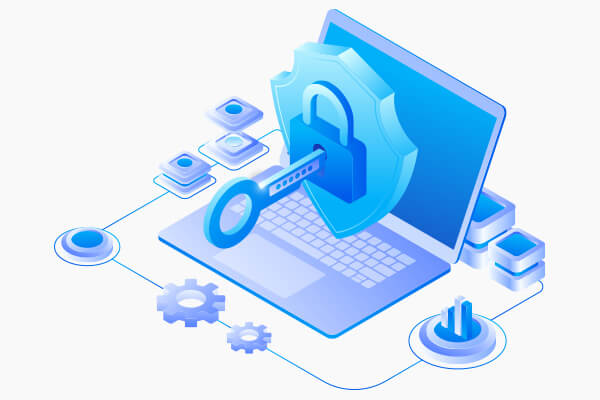Defining Data Privacy
Data protection refers to the practices, security, and restricting guidelines set up to secure your data and ensure that you stay in charge of it. The organization should have the option to choose whether or not you need to share some data, who approach it, to what extent, for what reason, and how to alter a portion of this data.
In the digital age, we usually apply the idea of information protection to primary individual data, otherwise called Primar Identifiable Information (PII) and Personal Health Information (PHI). It can combine Social Security numbers, health and clinical records, money related information, full names, addresses, and birthdates. For businesses, it incorporates the data that enables the organization to work, regardless of whether it's exclusive, innovative work information, or budgetary data that shows how it's going through and putting away its cash.
- Compliance Policy: Organizations that do not actualize security insurance face hefty fines in huge numbers, and as long as 20-year punishments for violating laws, guidelines, principles. Companies likewise risk losing significant business connections by not agreeing to their legally binding prerequisites for security insurances.
- Prevent security breaches: A protection rule that is basic to all worldwide protection standards and a prerequisite for all data protection and legitimate security necessities is to actualize solid security guards. Organizations executing such controls will lessen the number of security occurrences that bring about data breaches.
- Maintain brand value: Companies that clarify ensuring the security of their customers is an essential objective, care about their buyers' protection, and meets their goal with protection policies will construct a cordial bond with other organizations, and their brand image will certainly improve the brand value of the company.
- Effective management: Since the Data Protection Act requires better administration and data ability, this can lead to better strategic policies. The managers of data and capacity of data inside your organization will be better taken care of with a little information on the law.
The businesses will have to rethink their strategy to collect and store the data. The data needs to be sorted out periodically and redundant data is to be deleted. Appropriate strict DLP Security measures are to be implemented and any data breach should be instantly notified to the concerned authorities. For doing this, GDPR (General Data Protection Regulation) has created incentives for controllers for pseudonymizing that data white they would collect. Even though pseudonymous-data is not totally exempted from that Regulation, still it would relax some requirements on controllers that are using this technique.

